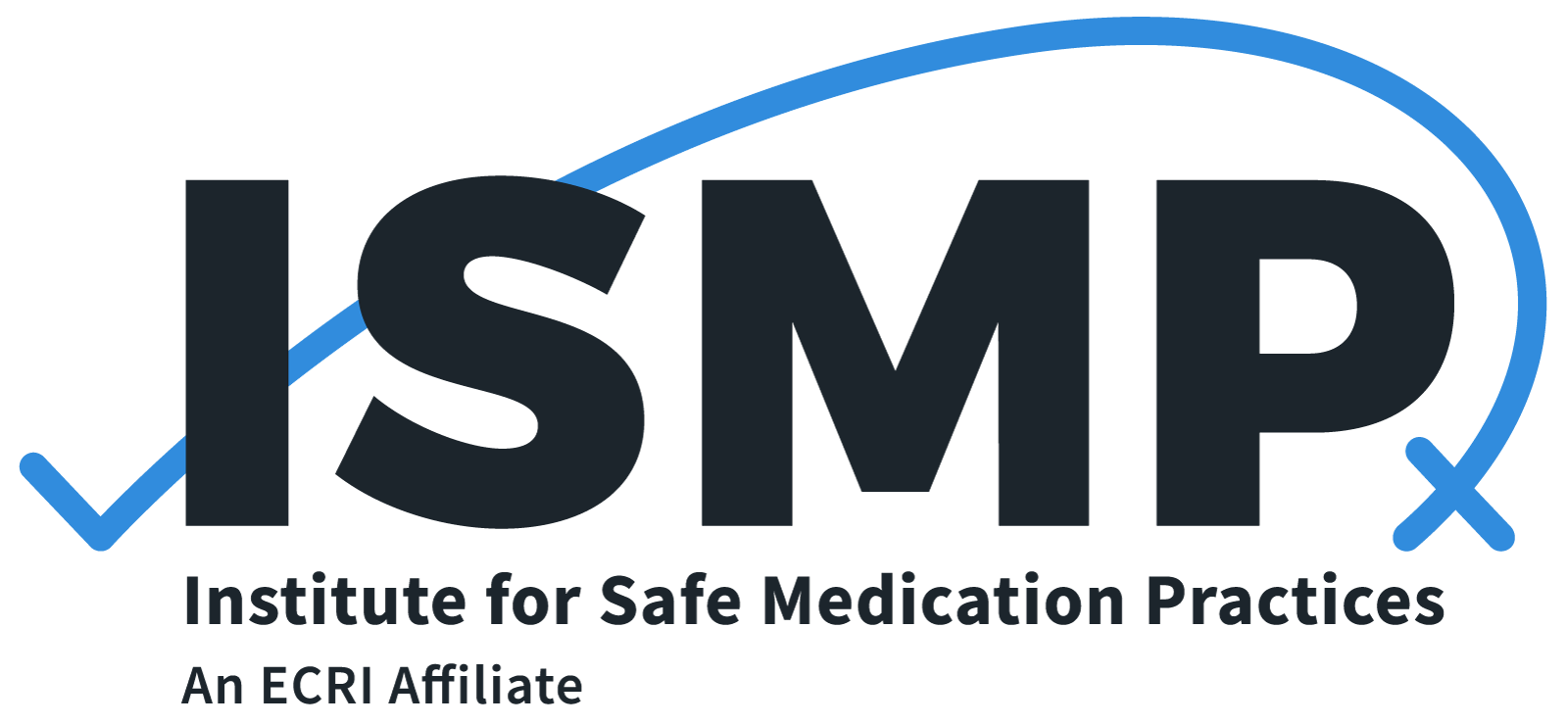ISMP Comments on IOM report, Preventing Medication Errors
Release last week of the Institute of Medicine (IOM) report, Preventing Medication Errors, has led to considerable excitement and media coverage, even outside the US. Although most of the recommendations in the document have been previously suggested, ISMP views the report as an excellent reinforcement of error-reduction concepts that have been stressed by the medication safety community during the last decade.
The report notes that the primary focus for research on safe medication use needs to shift from incidence rates to the development and validation of error-prevention strategies. ISMP has long endorsed this, believing that patient safety is dependent on systems that defy errors. As such, ISMP is very supportive of a recommendation for prescribers to have plans in place for technology to prescribe medications electronically by 2008, and for all prescribers to order prescriptions and all pharmacies to receive them electronically by 2010. While we have repeatedly called for the elimination of handwritten prescriptions; today, less than 20% of all prescriptions are transmitted electronically.
The IOM report emphasizes that providers and consumers need better information about drugs, how to use them, and their effects. The report specifies ways in which both consumers and providers (including physicians, nurses, and pharmacists) can strengthen the consumer-provider partnership, including better consumer-oriented drug information and a national drug information hotline. Access to comprehensive risk-benefit information, clinical outcome data, and effectiveness data also is urged, not only to promote clinical understanding, but also to populate automated decision support systems.
The IOM Committee supports the importance of communicating necessary clinical information among all who require it, including community pharmacists who often lack even basic information about a patient's diagnosis, chronic conditions, and essential laboratory information. Pharmacists working in community practice rarely have access to a patient's complete history to properly recognize potential drug related problems and monitor patients. We are confident that new technologies will promote information sharing and allow prescriptions to be processed, at least in part (i.e., order entry, insurance adjudication, drug use review, doctor calls), through centralized operations so community pharmacists can perform highly clinical tasks.
Improved error reporting was another topic of interest to the IOM Committee. The report suggests that all stakeholders, including accreditation agencies, state professional boards, and relevant state and federal agencies, should promote medication error reporting more aggressively. (ISMP would also like to see professional societies aggressively promote medication error reporting to its members.) ISMP can demonstrate, firsthand, the value of voluntary error reports, as literally hundreds of product problems and practice issues have been improved based on healthcare professionals' reports to the US Pharmacopeia-ISMP Medication Error Reporting Program (USP-ISMP MERP). Imagine what could be accomplished with more reports from which to learn! Of particular interest, the IOM report suggests it may be more conducive to learning if all practice-related medication errors are reported initially to the USP-ISMP MERP so they can be used publicly to educate and advocate for change, as the reports are automatically shared with the FDA MedWatch program. A national taxonomy with standard terminology was also recommended for error reporting so that data sharing on a national level will be useful.
The Committee recognized that, with few exceptions, there is currently little medication safety oversight of community pharmacies. The report notes, "State boards do send surveyors out, but they may or may not be pharmacists. What they look for are issues related to state practice acts; there is no focus on the types of issues that parallel the requirements hospital pharmacies must meet under the National Patient Safety Goals…" Community pharmacy safety initiatives that should be required by licensing boards are suggested, including quality improvement activities. Noting that safety education is lacking in professional schools, the Committee also called upon academic accreditation agencies to set new standards for this training.
Also important to medication safety is the report's recognition of the role of FDA and the pharmaceutical industry in eliminating medical product errors. The report specifically calls upon "industry, AHRQ, FDA, and others as appropriate (e.g., USP, ISMP)" to work together to undertake actions to address labeling and packaging issues, and problems with the distribution of free samples—all music to our ears, and yours, too, we hope!
In the coming years, we look forward to advancing the recommendations made in the latest IOM report to better serve the health needs of consumers, the practice needs of providers, and most importantly, to prevent medication errors. We invite you to join us, as we bring the heart of this report to life in our newsletters and other services we provide to the healthcare community. Your participation is crucial for success.
